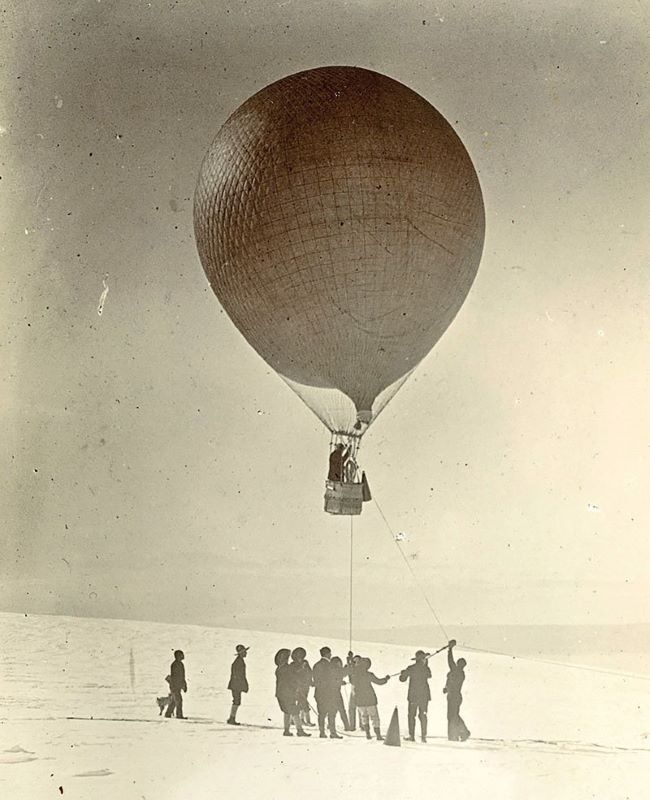A Tale of Antarctic Rivalry, Redemption and Icy Embrace
In 1912, Robert Falcon Scott's Antarctic expedition lost a race to Roald Amundsen. Yet, Scott's unwavering determination and Amundsen's unexpected camaraderie revealed a deeper human spirit that transcended glory. A tale of rivalry and redemption in the frozen heart of Antarctica.

I'm about to regale you with a tale of bitter rivalry, unyielding determination, and the surprising threads of camaraderie that bound two intrepid explorers at the bottom of the world. In a land where Mother Nature had never felt the warmth of human touch and time seemed frozen in an icy embrace, an epic battle unfolded, with one unlikely hero emerging from the icy abyss.
The year was 1912, and the vast expanse of Antarctica beckoned to those adventurous souls who dared to venture into the unknown. Leading the charge were two titans of exploration: the English commander, Robert Falcon Scott, and the Norwegian legend, Roald Amundsen. Little did they know that the frigid continent would become the stage for a rivalry that would shape their legacies in ways neither could have foreseen.
Our story begins as Scott's ill-fated expedition trudged through the unforgiving wilderness, where even the hardy Mongolian horses struggled to pull their burden. Scott, a man of dreams and ambition, had set his sights on conquering the Earth's last impregnable frontier. Yet, as he journeyed deeper into the Antarctic wilderness, fate had something entirely different in store.
A mere month before Scott's arrival at the heart of Antarctica, Amundsen and his team had claimed victory, hoisting the Norwegian flag high above the icy landscape. The Englishman was left to confront the harsh truth: he had been outmaneuvered. With worse choices for landing sites, draft animals, and supplies, Scott faced not just a battle against the elements but a race against time itself.
It was during this pivotal moment that Scott, peering through his spyglass, spotted the remnants of Amundsen's camp, its tents billowing in the unforgiving Antarctic winds like ghostly echoes of a conquest. The decision that loomed before him was monumental – to turn back, save his remaining men, and yield the glory to Amundsen, or to press forward into the unknown, defying fate.
Scott, wrestling with this life-altering choice, found himself immersed in a maelstrom of emotions. “All the hardships, all the sacrifices, all the suffering, what good have they done? They have only been dreams that have just vanished,” he lamented in his diary. Yet, within the depths of his soul, a mysterious force continued to grow, a force that could not be explained in mere words.
In a moment of profound self-discovery, Scott resolved to press on. With a newfound sense of purpose, he rallied his remaining men, declaring, “We will go on, as soon as morning comes, we will go on.”
This decision transformed the expedition from a quest for personal glory into a deeply personal odyssey. It became a journey that resonated not with the annals of history but with the innermost voices within their hearts.
Arriving at the heart of Antarctica, Scott finally attained his elusive dream, even if history would forever cast him in the shadow of Amundsen. The glory he sought was not to be found in the accolades of men but in the indomitable spirit that burned within him.
Indeed, Scott's resilience was what set him apart. He was not just another secondary character in the grand history. He was Robert Falcon Scott, a man who had defied the odds and discovered his own inner strength in the face of insurmountable challenges.

But our tale takes a surprising twist, for Amundsen, the victor, had a heart as vast as the Antarctic landscape. In a tent left behind for Scott to find, he discovered a letter – a heartfelt testament to the bond that had formed between them, written in the snow by the Norwegian explorer.
Dear Commander Scott,
As you will be the first to arrive here after us, may I ask you to send the enclosed letter to King Haakon VII? If the equipment we have left in the tent can be of any use to you, please feel free to take it. With my best wishes, I wish you a happy return.
Sincerely yours,
Roald Amundsen
Amundsen's letter acknowledged Scott's unwavering efforts and resilience. It bridged the divide between two rivals, recognizing that their shared quest had brought them closer than any could understand.
Before departing, Amundsen left Scott with a poignant message: “this time, perhaps, you will be the one to make it.”
Robert Falcon Scott, after reading Amundsen's words, clung to the letter, a testament to an unspoken bond forged in the icy crucible of Antarctica. It wasn't just about reaching the destination; it was about the indomitable spirit that burned within them, about the humanity that lay beyond the quest for glory.
In this tale of Antarctic rivalry and redemption, we find that the annals of history often overlook the true heroes. Scott and Amundsen are more than just historical footnotes – they are emblematic of the unwavering human spirit that defies the odds, no matter the outcome.
So, let their story be a reminder that in the coldest, harshest corners of the world, bonds can be formed, and humanity can shine brightly, even in the face of defeat. Let us celebrate the unsung heroes who find their strength not in the laurels of victory but in the depths of their souls.
In-text Citation: Monge, Emiliano. ‘Llegar Después | Emiliano Monge’. Revista de La Universidad de México, https://www.revistadelauniversidad.mx/articles/d5037a2d-d6f0-421b-8933-3f33a057bc51/llegar-despues. Accessed 7 Nov. 2023.




